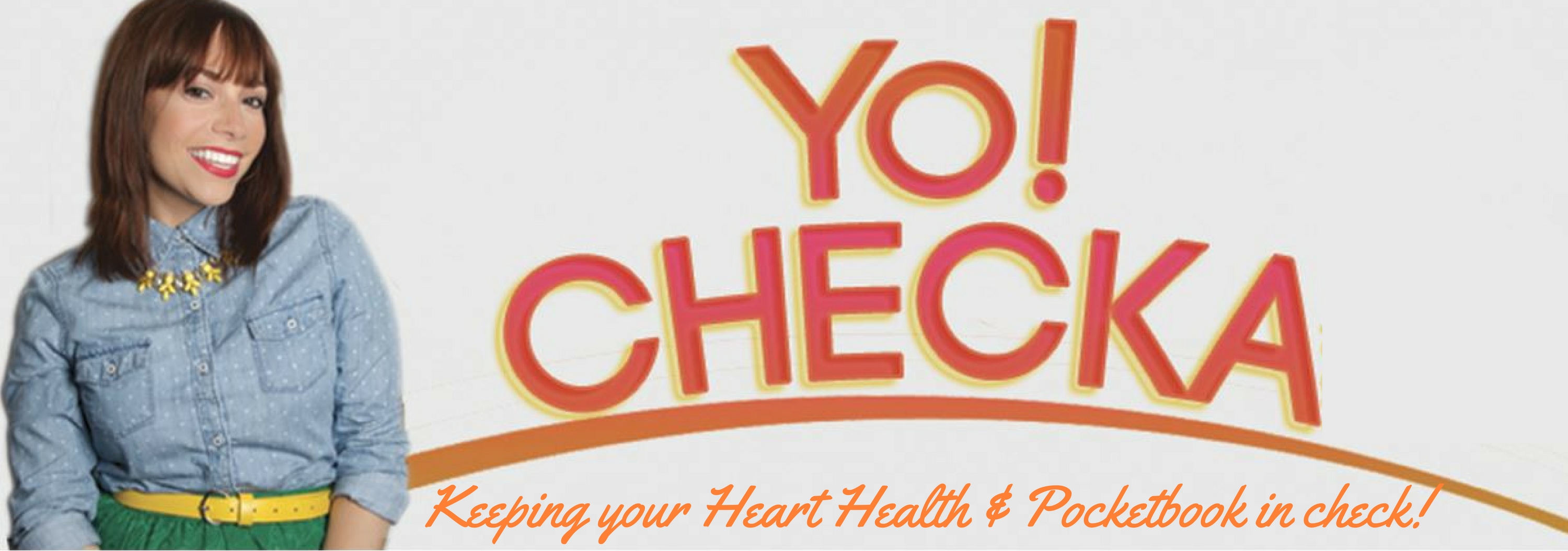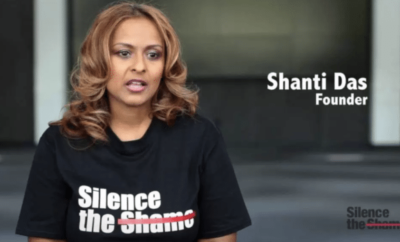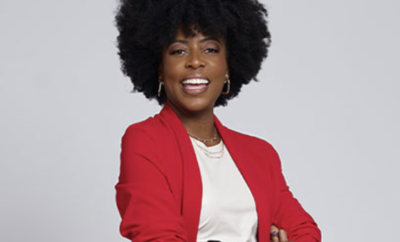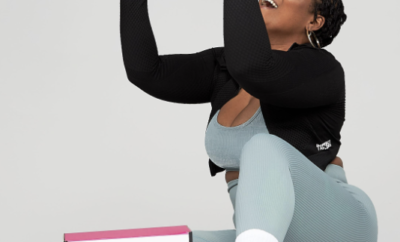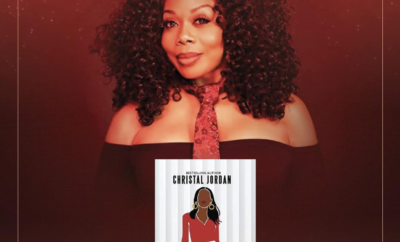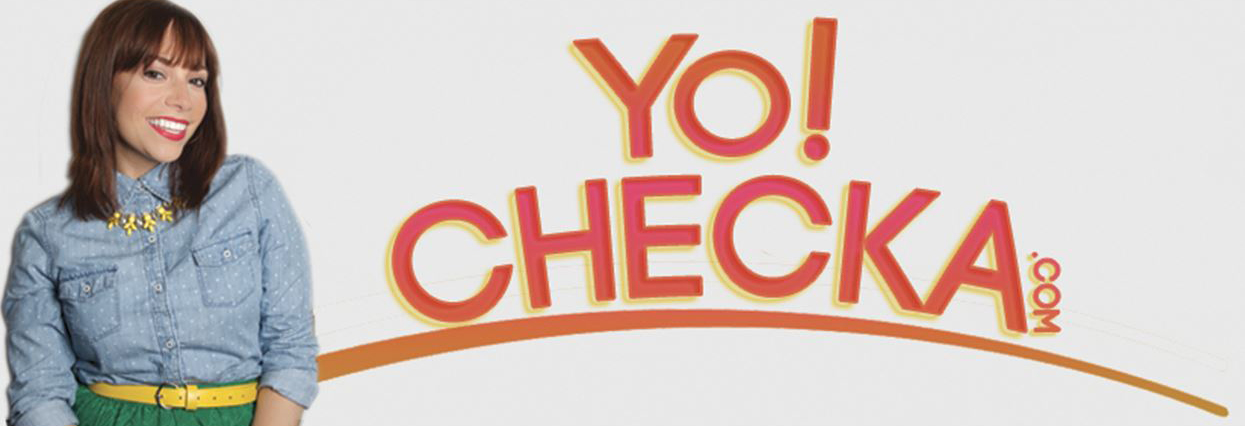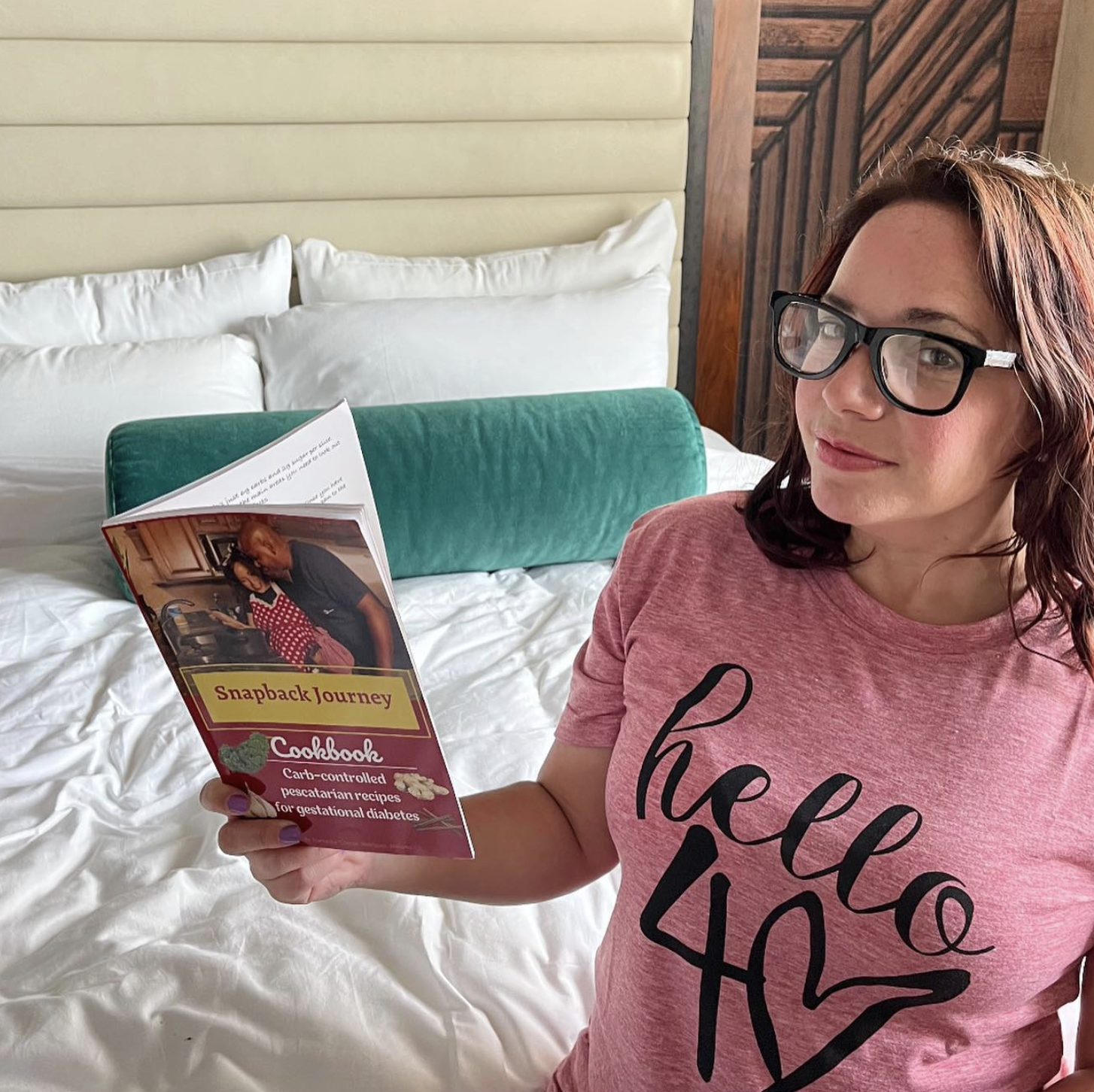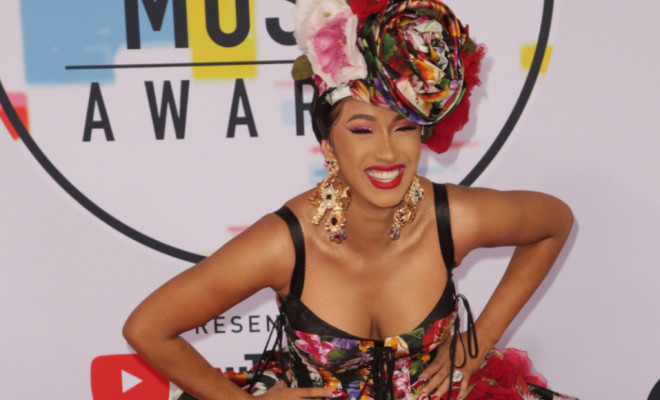
What really happens during postpartum
After giving birth to her daughter in July, Cardi B was set to go on tour with Bruno Mars this fall. But she had to drop out of the tour, saying at the time that she simply wasn’t ready.
Recently rapper Cardi B shared, “Like, they don’t tell you that you get stitches down there or that your first two weeks you’re constipated. Or that you get contractions because of breastfeeding. I wasn’t expecting that,” she continued. “When Kulture was born, I felt like I was a kid again; everything was making me cry, and I needed a lot of love. I be feeling like, Do babies know who’s they mom? I feel like babies love whoever is giving them the milk, and I want to give the milk the whole time. I want her to know me. I feel better now, but sometimes I just feel so vulnerable, like I’m not ready for the world yet. It’s weird.”
PPD is a biological complication of pregnancy. During pregnancy, levels of certain hormones rise and then rapidly fall after giving birth.1 In some women, these hormone shifts may contribute to PPD. Symptoms may include:
•Sadness, tearfulness, or hopelessness
•Outbursts or irritability, even over small matters
•Anxiety or restlessness
•Feelings of worthlessness or guilt
•Trouble bonding with your baby
•Thoughts of harming yourself or your baby
Ways to combat ppd:
1. Get rest
- Take time for yourself
- Exercise
- Maintain a healthy diet
- Focus on fish oil
- Breastfeed more
- Resist isolation
